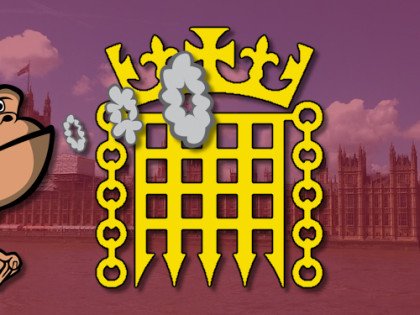“Association of Electronic Cigarette Use With Subsequent Initiation of Tobacco Cigarettes in US Youths” is a Boston-based study featuring the much derided Jessica Barrington-Trimis and Adam Leventhal. It claimed to demonstrate: “Tobacco-naive youths who initiate e-cigarettes may be at greater risk of subsequently initiating cigarette smoking” – in other words, a gateway effect from vaping to smoking.
FDA Commissioner Scott Gottlieb welcomed it, saying: “Now, a new study, published in the Journal of the American Medical Association (JAMA), further demonstrates what we’ve seen from other data: Teens who vape are more likely to start smoking cigarettes.”
Gottlieb is proficient at referring to the data he’s “seen”, not so good at letting others see it though, and rumours persist that it includes the use of cannabis as a way to boost teen vaping rates.
Two weeks ago, the UK E-Cigarette Research Forum dismantled the Boston work, and wrote: “The study assumed that the survey questions used were valid and reliable measures of complex potential confounding factors, such as problem behaviour. This study did not control for all possible confounders that could affect results, such as nicotine dependence.”
“This study did not assess whether those who had tried e-cigarettes became regular smokers, and likely includes those only experimenting with smoking or e-cigarettes. No conclusions can be made from this study about a causal association between e-cigarette use and regular smoking or vice versa.”
Not quite the verification of “Teens who vape are more likely to start smoking cigarettes” claim by Gottlieb.
New York University professors David Abrams, Ray Niaura and Brad Rodu have also attacked the work (and Gottlieb’s announcement). They concluded: “E-cigarette first use cannot be causally linked to current smoking two years later, because plausible shared liability factors have not been ruled out. As a result of the issues we raise, scientists, journalists, regulators, policymakers and the public may be misled into thinking that e-cigarette first use is a unidirectional gateway into smoking. When information about the absolute population impact and the opposite gateway to smoking cessation are included, a much more complete picture emerges.”
Regulator Watch is covering the theme of youth vaping in a series of videos. In the latest one (embedded below), Ontario Campaign for Action on Tobacco’s Michael Perley discusses the so-called “epidemic”.
Using Gottlieb’s playbook, Perley repeats the same treatment of data and spouts the ideological position that nicotine damages the brain. Brent Stafford is excellent in highlighting the wholesale lack of evidence to support such claims.
Evidence to support claims of nicotine causing teen brain damage is noticeable by its absence. Time and again, the gateway theory is proven to only be operating as a way out of smoking. “Epidemic” use isn’t supported by real life survey data and the FDA refuses to release its own full results for analysis.
It seem only reasonable to conclude that the only people who believe in these things are the ones pushing an ideological agenda.
Regulator Watch
Dave Cross
Journalist at POTVDave is a freelance writer; with articles on music, motorbikes, football, pop-science, vaping and tobacco harm reduction in Sounds, Melody Maker, UBG, AWoL, Bike, When Saturday Comes, Vape News Magazine, and syndicated across the Johnston Press group. He was published in an anthology of “Greatest Football Writing”, but still believes this was a mistake. Dave contributes sketches to comedy shows and used to co-host a radio sketch show. He’s worked with numerous start-ups to develop content for their websites.
Join the discussion
Parliament Fears Two
The Department for Environment, Food and Rural Affairs faced questions from a Conservative MP and, oddly, a member of the Department for Environment, Food and Rural Affairs
Harm Reduction For The Rich
The United Kingdom risks becoming a harm reduction country only for the wealthy, according to Michael Landl of the World Vapers’ Alliance
Sacrificing Health For 2p Cut
Tory Government alienates vaping voters with its mission to cut tax by an unaffordable 2p to attract voters by placing a tax on vape products in the forthcoming budget
Parliament
Andrea Leadsom has been quizzed by Rupa Huq and Derek Thomas about the promotion of vaping and support to those who want to quit






-listing400.jpg)




